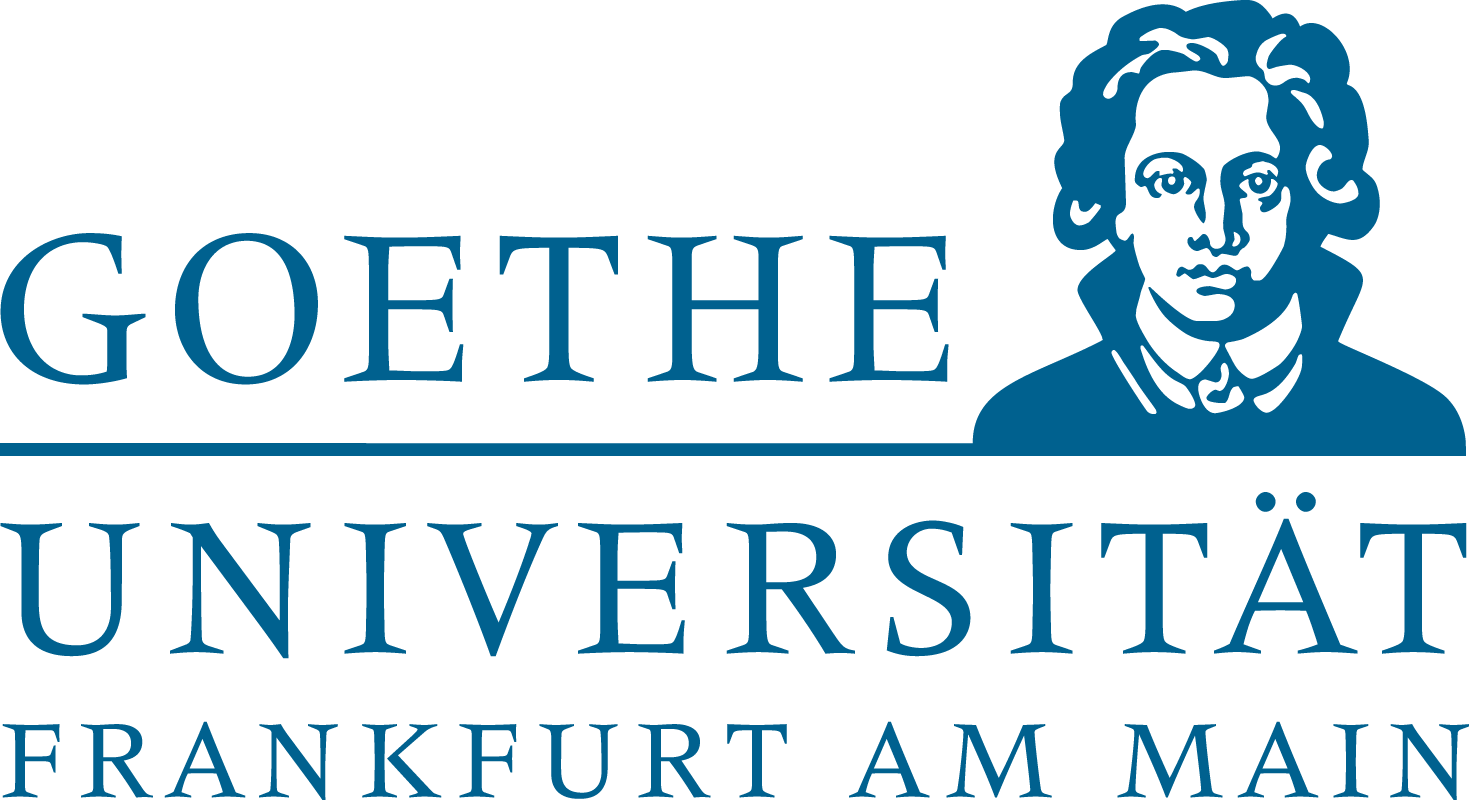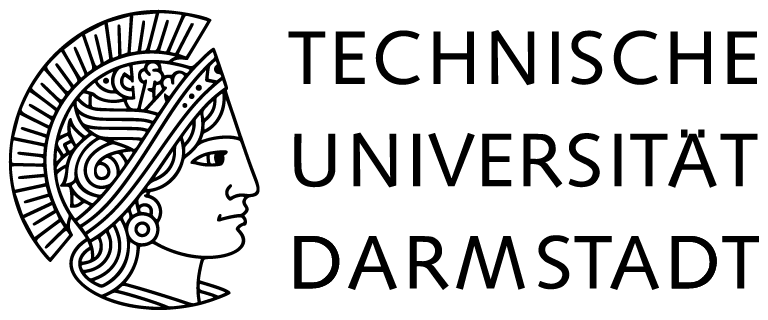Home » Code of Conduct
Code of Conduct
This Code of Conduct incorporates and is meant to voice a common understanding of basic principles of ethical behaviour and standards of conduct for respectful cooperation and communication and for conducting research within ELEMENTS.
It contains guidelines that must be understood as a guide for thought and action aiming at the highest standards of conduct that are expected of all ELEMENTS members, regardless of their location, grade, or academic rank, in order to reflect the collaboration’s ethical principles.
ELEMENTS members are therefore required to implement and comply with the values of the Code of Conduct within the collaboration. They are also encouraged to transmit these values beyond ELEMENTS within their working groups, research departments and institutes.
Note that this Code does not attempt to list all the ethical challenges ELEMENTS members may possibly face and it also does not address or cover the implications and consequences that members might be accountable for if they act in violation of related clauses in their work contracts. It rather serves as a statement to define and set out our principles.
You can also download the Code of Conduct here.
ELEMENTS enjoys a rich, multicultural workplace marked by a high level of professionalism and a wide diversity of individual backgrounds. The diverse mix of personalities, experiences, perspectives, and talents across the collaboration, makes for a stronger ELEMENTS. Therefore, ELEMENTS places much value on the diversity of its members and is committed to equality as well as to fostering an inclusive culture. The latter must be expressed in the dignity and exemplarity of the way its members interact, esteem, and respect each other’s worth and individual contributions.
ELEMENTS expects its members to always behave ethically and with utmost mutual respect, without regard to gender, sexual orientation, race or ethnicity, religious belief or background, political preference, physical appearance, citizenship, national origin, age, marital, parental or career status or choices, family responsibilities, or physical or mental impairment.
Therefore, ELEMENTS encourages and acknowledges the importance of diversity in its research team by:
Within ELEMENTS:
Everyone is respected as a person, prone also to fallabiIity and mistakes. Misbehaviour, in contradiction to this Code of Conduct, will be addressed openly. If someone has been confronted with accusation of misbehaviour, a mediation process will be initiated. ELEMENTS encourages a reasonable forgiving attitude amongst its members after a successful mediation process and in case of sincere apologies with respect to any misbehaviour.
ELEMENTS believes that members perform best in a positive, respectful, safe, and secure work environment, where the dignity and diversity of individuals is embraced, where every colleague is treated fairly, where trust, responsibility, accountability, mutual respect, and open communication are highly encouraged. All ELEMENTS members are expected to contribute to maintaining this standard:
This code of conduct and the appended glossary are based on: the “Code of Conduct” of the CRC-TR 211 and the “Code of Ethics and Professional Conduct” of the WHO.
Discrimination includes actions, made either directly or indirectly, based on distinctions or prejudices which have the purpose or effect of treating individuals or groups unfairly or unjustly.
Equality means that the different behaviours, aspirations and needs of all individuaIs are considered, valued and favoured equally and that they will be treated equally in respect of their rights, responsibilities and opportunities.
Harassment is an unwanted behaviour directed at another identified person that:
Harassment may be present in the form of words, gestures, or other actions that alarm, threaten, abuse, demean, intimidate, belittle, or cause personal humiliation, embarrassment or emotional distress to another person. Harassment may not necessarily happen face to face, but may also occur in written communications, email, phone, and supervision methods.
Sexual harassment is understood as any unwelcome, unsolicited and unreciprocated, sexual advance, request for sexual favour, verbal or physical conduct or gesture of a sexual nature, or any other behaviour of a sexual nature (including sexually-coloured remarks) that has or that might reasonably be expected or be perceived to offend, humiliate or intimidate another person.
Work-life balance is defined as the positive relationship between work and other equally important activities in life, such as family, leisure or other activities. The positive relationship varies from person to person according to their life and work-related demands.




